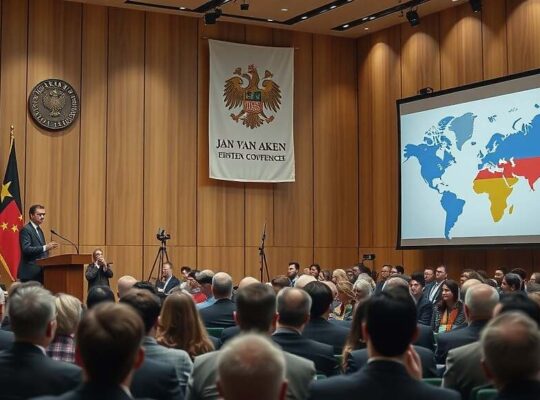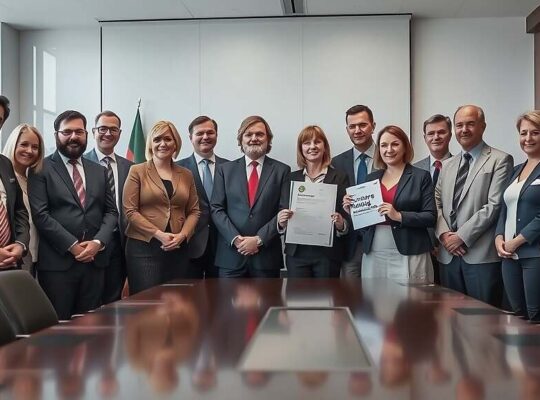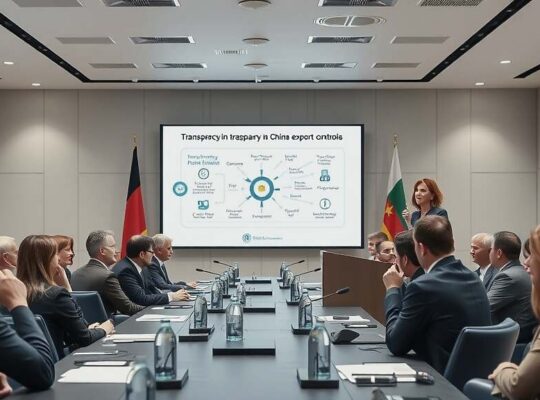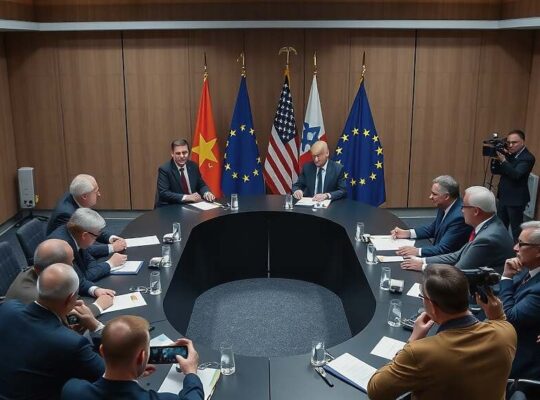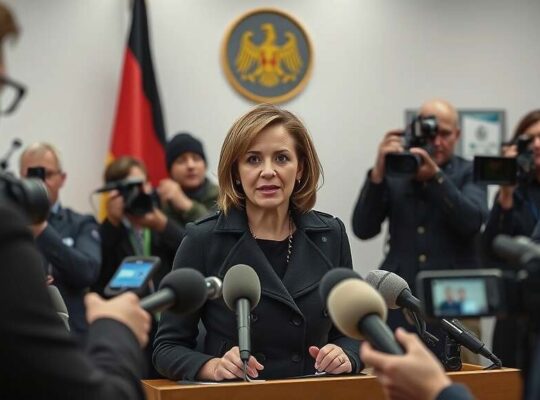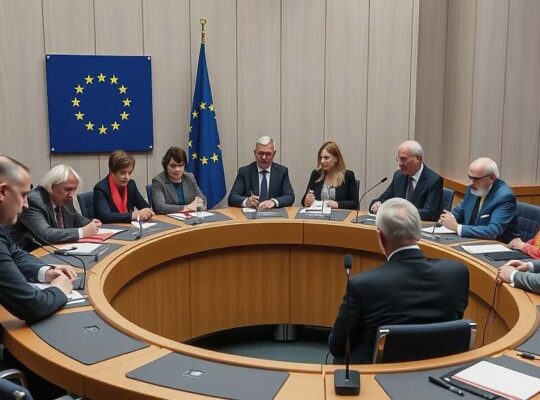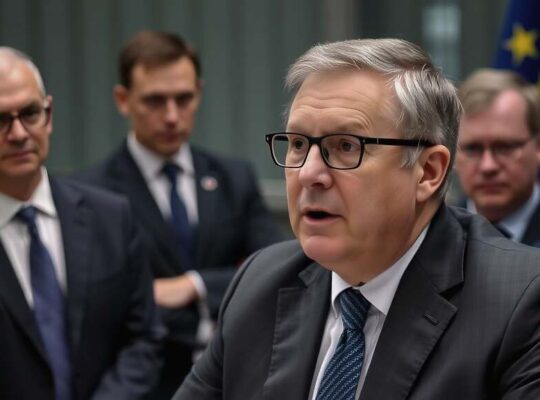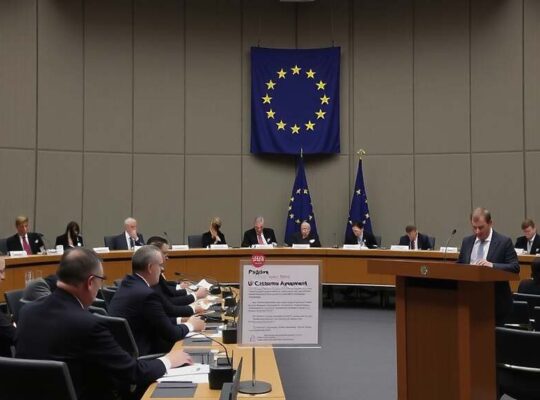The CEO of Siemens, Roland Busch, has launched a scathing critique of the German government’s economic policies, signaling a growing frustration within the industrial sector regarding the nation’s sluggish growth trajectory and regulatory environment. In an interview with “Süddeutsche Zeitung”, Busch argued that policymakers are failing to grasp the scale of the economic challenges and are adopting overly cautious approaches.
Dismissing recent positive growth indicators as inadequate, Busch emphasized that current growth forecasts – projecting 0.2% growth now and 0.9% next year – are “far too low”. He insisted, “We must say that we need a ‘two before the decimal point’ and – the good news – also have the potential for that”. This pointed remark underscored a perception that the government’s ambition lacks the dynamism required for meaningful and sustainable economic recovery.
The Siemens chief’s criticism extended beyond mere growth figures, targeting the increasingly complex web of regulations surrounding data and artificial intelligence. Busch warned that current regulatory frameworks risk stifling innovation within Germany and the European Union. “These regulations must be fundamentally revised and contradictions eliminated so that they promote, rather than hinder, innovation” he stated bluntly. The implication was clear: Germany risks losing its competitive edge if it doesn’t streamline its regulatory processes.
Further fueling the debate, Busch defended Siemens’ significant investments-totaling a billion euros-in AI development in the United States and China over the next three years. This decision, while appearing to contradict the European Union’s sovereign ambitions, was framed not as a divergence from that goal but as a pragmatic response to a more favorable operating environment. “Sovereignty doesn’t mean being independent – but reducing critical, one-sided dependencies” Busch explained. He justified the US and Chinese investments, citing “less restrictive and contradictory regulations.
The CEO’s remarks highlight a growing tension between the desire for European sovereignty and the realities of global competition. While rhetoric advocating for strategic autonomy remains politically popular, Siemens’ actions reveal a willingness to prioritize operational efficiency and innovation even if it means navigating different regulatory landscapes. The company’s blunt assessment raises critical questions about the German government’s ability to foster a climate conducive to technological advancement and sustained economic growth within a rapidly evolving geopolitical landscape.



